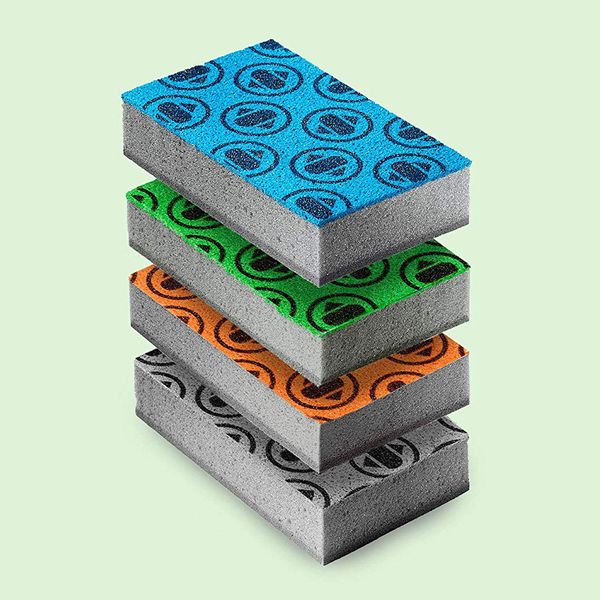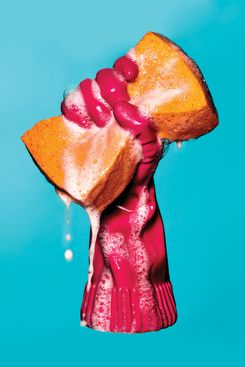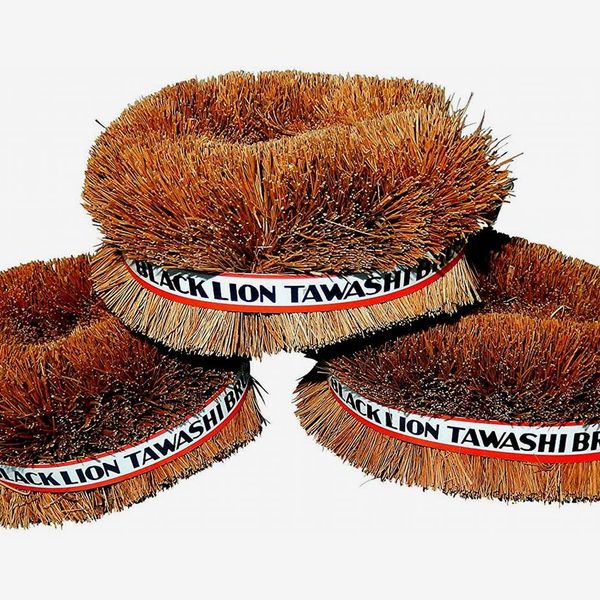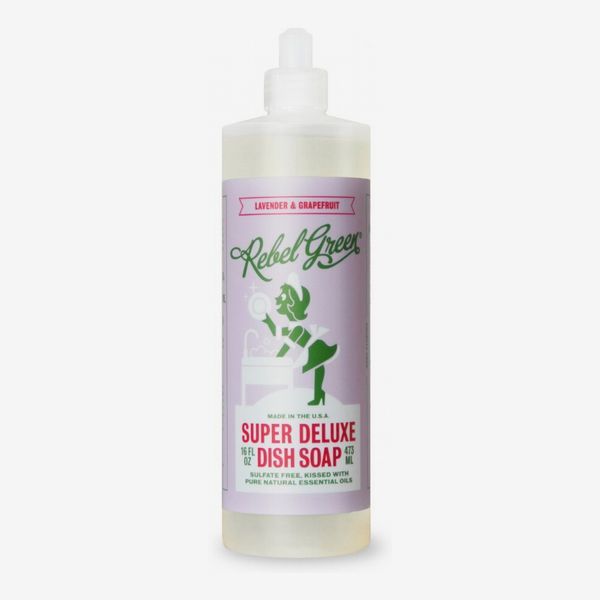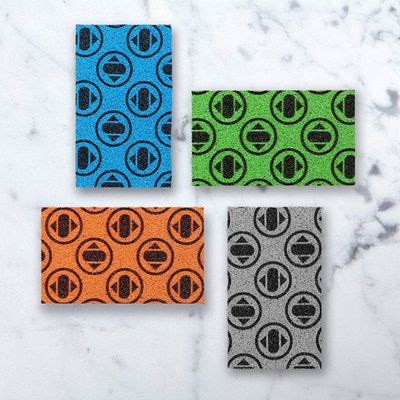
Editor’s Note: This article first appeared on the Strategist in May 2019, and over a year later, it remains an example of a product that does what it’s supposed to do — exceptionally well. So we’re republishing it today as part of Ingenious Design Week.
I’ll never forget my mother harping on the importance of using a sponge to clean dishes before I put them in the dishwasher as a kid. Back then, to me, sponges were a symbol of cleanliness. But after reading many slightly horrifying reports on just how dirty sponges can be (including the Strategist’s), I saw them differently: as incredibly gross things. And even though I may eat a lot of my meals out of to-go containers, I do occasionally break out my real dishes — something I’ve done more and more since I introduced my kitchen sink to Skura Style sponges.
The company (which, full disclosure, was co-founded by my former boss) makes its sponges with a patented, quick-drying foam — not cellulose, the material many of the most offensive sponges are made of (cellulose is a breeding ground for smelly and odorless bacteria, because it takes a lot longer to dry). The sponge’s foam body is treated with an antimicrobial agent whose active ingredient is silver — an element scientifically proven to inhibit the growth of bacteria, mold, and mildew — and is topped with a pad for scouring dishes that’s sturdier than the surfaces of other sponges I’ve used. The scouring surface is patterned, which is actually out of utility. The pattern disappears with use — when it’s noticeably fading away, I know it’s time to replace my sponge (something I only occasionally thought to do with standard-looking models, and usually only by the time they smelled like death).
The first thing I noticed after using a Skura sponge was that there was no trace of sponge smell lingering on my fingers (a certain funk anyone whose sponged down a plate or glass can identify). Really, the funny thing about the sponges is that the more I use them, the more I don’t notice them — in a good way. I’ve never caught a bad smell from one, they don’t stay damp for long (even when I forget to wring them out), and bits of food and grime don’t really get stuck to them. Skura suggests replacing the sponges every one to two weeks, which seems a little frequent based on my usage; I’d say it takes mine about a month for the pattern to fade to the point of replacement (but, since I live alone, I’m usually only washing two or three dishes a couple times a week).
I don’t know that I’d deem any sponge the epitome of cleanliness knowing what I do about them now. But I do know that Skura sponges are far from incredibly gross, and probably the best (and best-looking) kitchen improvement I’ve made for under twenty bucks.
More Strategist-approved dishwashing gear
Cookbook author and novelist Rachel Khong swears by these “thick and incredibly smooth” Korean-made dishwashing gloves, whose name translates to “Mommy Hands.”
Made of hemp palm, the brown bristles on these brushes soften under water, enough for you to get a cozy, ticklish hold on. They will absolutely obliterate any grime you’ll come across, on any surface (we like them as a pot scrubber).
An (entirely) sulfate-free, biodegradable, status dish soap.
The Strategist is designed to surface the most useful, expert recommendations for things to buy across the vast e-commerce landscape. Some of our latest conquests include the best acne treatments, rolling luggage, pillows for side sleepers, natural anxiety remedies, and bath towels. We update links when possible, but note that deals can expire and all prices are subject to change.

